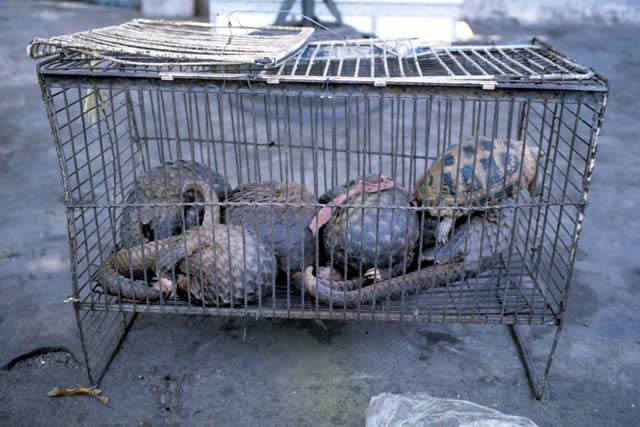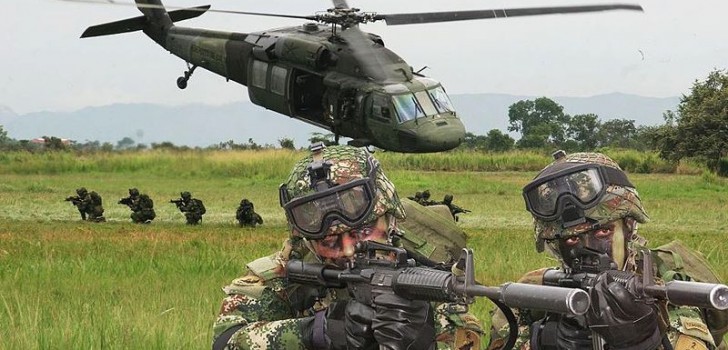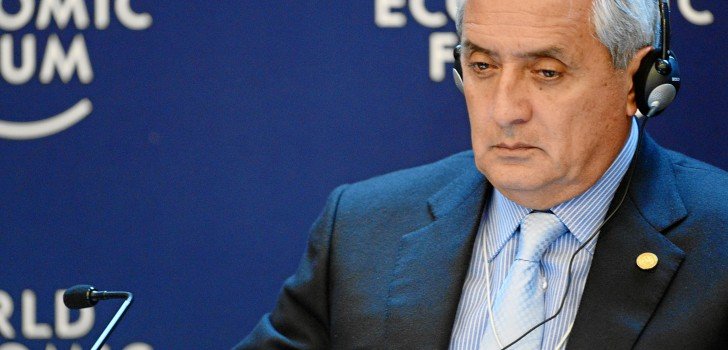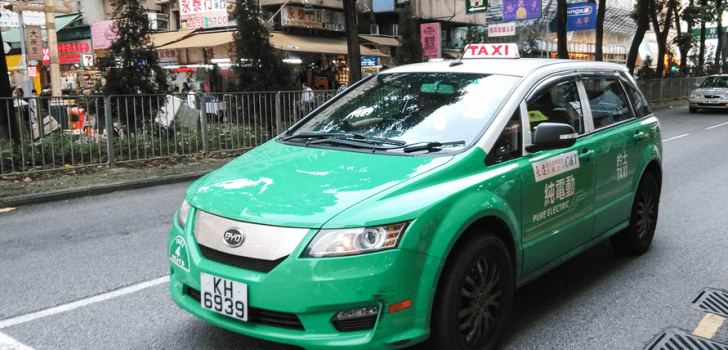Iraq has used its new U.S. acquired F-16 fighter jets to conduct air strikes against ISIS for the first time. The U.S. fighter jets will mark a turning point in Iraq’s offensive against a terror group keen on establishing a caliphate within the country and ultimately the world.
Iraq defense officials confirmed the use of the first four U.S. made F-16 fighter jets against ISIS on Sunday. Lt. Gen. Anwar Hama Amin said “Fifteen airstrikes were carried out in the past four days.” The airstrikes were made in the regions of Salaheddin and Kirkuk, north of the capital city, Baghdad.
Defense minister Khaled al-Obaidi said the strikes had achieved “important results” and that the jets would make “an impact on the conduct of operations in the future.”
The four supersonic jets were the first among 36 fighter jets the U.S. had pledged to sell to Iraq last year. The planes had been a major source of tension between the two countries with Iraq accusing the U.S. of delaying their arrival into the country.
However, U.S. officials had sighted a number of concerns inhibiting the jets’ arrival in Iraq. One of which was that no Iraqi air force soldier had been trained to fly the machines. This resulted in the U.S. converting its Arizona air base to an F-16 training ground for Iraqi pilots.
Insecurity in Iraq, where Balad Air Base was not considered safe, and the delay in equipping the F-16s with full range missiles and artillery also contributed to their prolonged arrival.
Iraq ambassador to the U.S. Lukman Faily had said in July that the jets would mark a critical turning point for the country’s spirited battle with the insurgents. “As Iraqi security forces, popular volunteers and local tribal fighters begin a major offensive to liberate key towns in Anbar, the arrival of the F-16 jets provides a much-needed boost to our air power capabilities that will allow us to target Daesh bomb-making factories and terrorist training camps,” he had said, referring to ISIS with their local name.
The U.S. has affirmed its commitment to partnering with Iraq against ISIS. From a statement by Pentagon spokesman Peter Cook on Sunday, “The United States is committed to building a strategic partnership with Iraq and the Iraqi people and we will continue to work with the Government of Iraq on the delivery of the remaining aircraft as they become available within the framework of the production schedule.”
The F-16 fighter jets will mark a new dawn for Iraq’s fight with a well-armed enemy. Previous airstrikes were performed using the outdated Sukhoi Su-25 jets, the Cessna Caravan turboprop and several helicopters. The new war machines will see Iraq mount a better campaign against an enemy threatening to break up the entire Middle East but it remains to be seen if it will be enough to stop the rapidly expanding terror network.















